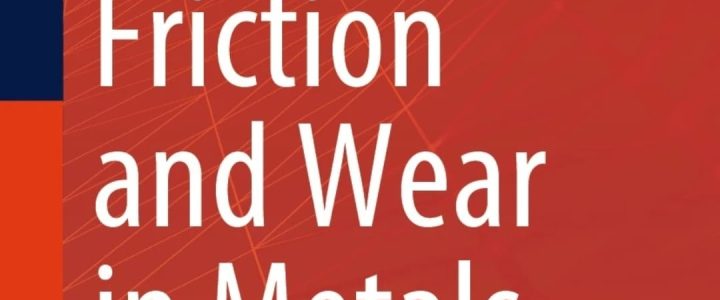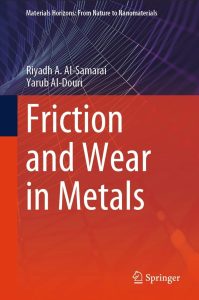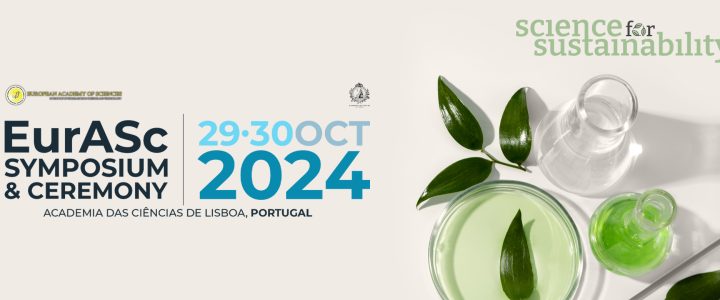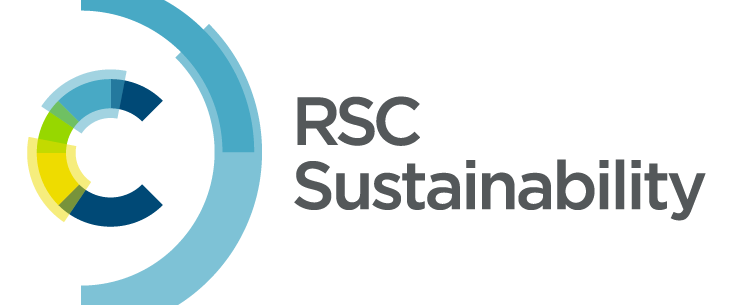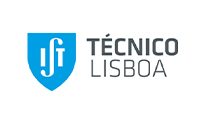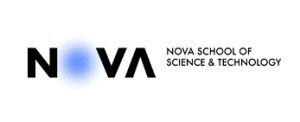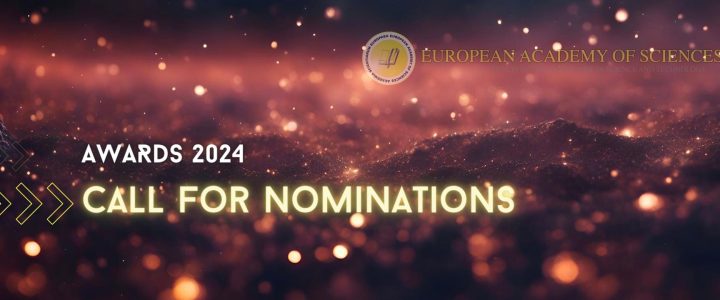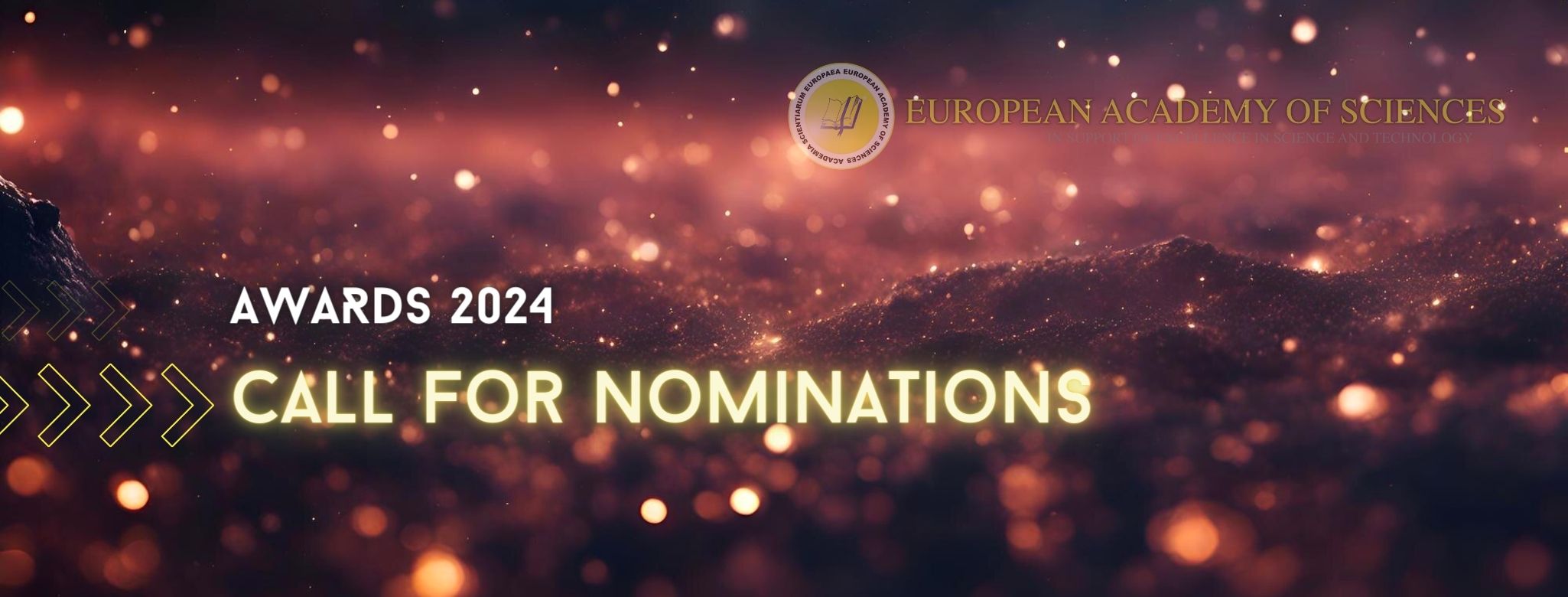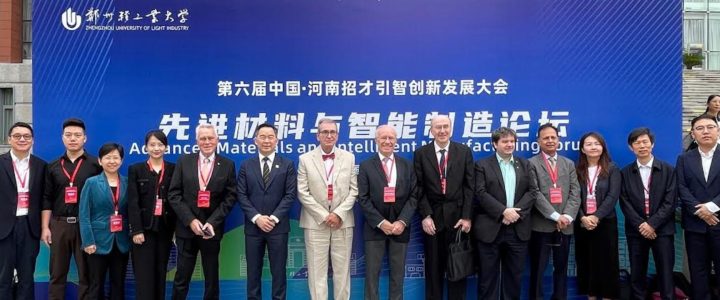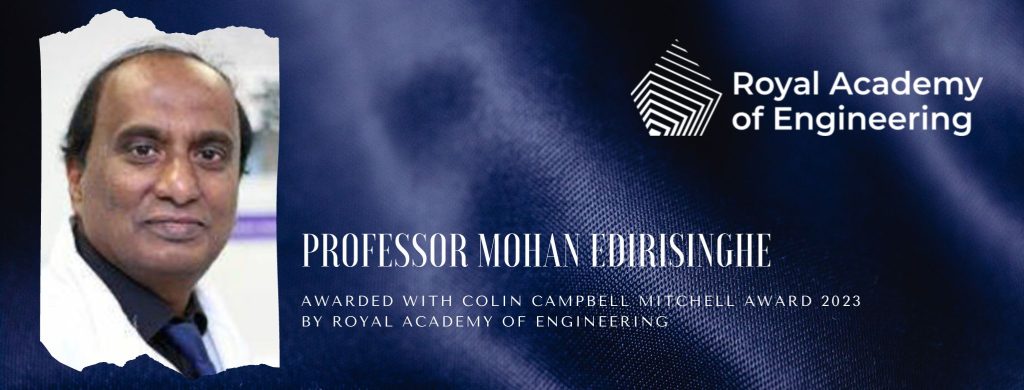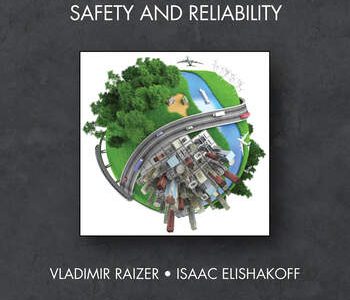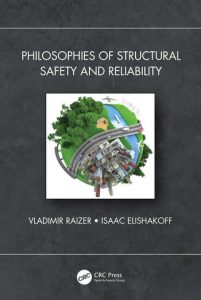
On July 8th 2024, a high-level meeting involving academicians from the European Academy of Sciences (EurASc) and the Chinese Academy of Sciences (CAS) took place at the South China University of Technology (SCUT). The main topic of discussion was the impact of materials on various cross-cutting areas of development and knowledge. Notable attendees from EurASc included Rodrigo Martins, President; Federico Rosei, Head of Materials Division; Giuseppe Lacidogna, Head of Engineering Division; Liqun Zhang, President of SCUT; Elvira Fortunato from FCT-NOVA, Portugal; Dimitrios Angelis from U. Brussels; Sanjay Mathur from U. Cologne; Yu-Zhong Wang, Director of the Institute of Polymers, Chngu; Luigi Ambrosio from CNR, Italy; Philip Dubois, Rector of U. Mons, Belgium; and Guo-Hua Hu from U. Lorraine, France, who also organized the event.
During this opportunity, President Rodrigo Martins was interviewed by China TV.
The meeting also marked the formalization of a Memorandum of Understanding (MOU) among Hefei University of Technology, NOVA University, and EurASc. This MOU aims to foster collaboration in scientific research, educational exchange, and mutual development. The key areas of cooperation include:
– Research Collaboration: Joint research initiatives, publications, and conferences.
– Academic Exchange: Exchange programs for students and faculty, joint educational programs.
– Resource Sharing: Sharing of facilities, libraries, and laboratories.
– Innovation and Development: Collaborative projects in innovation and technological development.
This agreement underscores the commitment of the involved parties to leverage their collective expertise and resources to achieve common goals, develop innovative solutions, and enhance educational and research excellence.
From July 10-13, 2024, in Chengdu, China, Prof. Philippe G. Dubois was honored as Honorary Professor of the University of Chengdu. Members of EurASc involved in the conference included Rodrigo Martins, Federico Rosei, Philippe Dubois, Dimitrios Angelis, Elvira Fortunato, Giuseppe Lacidogna, and Guo Hua Hu.
In addition, on 7th July 2024, the 2024 China-Europe Electronic Materials Forum for International Joint Development was held in Fuzhou, China. Here, Professors Elvira Fortunato and Rodrigo Martins were distinguished as Honorary Professors of Fuzhou University and gave two presentations. The event was also attended by EurASc fellows Guo Hua Hu and Zhongchang Wang.
For more details, please check the TV China program where President Rodrigo Martins was featured: https://app.cctv.com/special/m/livevod/index.html?guid=487b153871e742988fe79ec07fc50d0f&vtype=2&vsetId=VSET100258670037
Stay tuned for more updates on our collaborations and initiatives.


